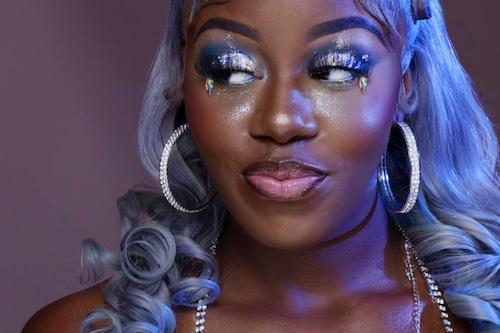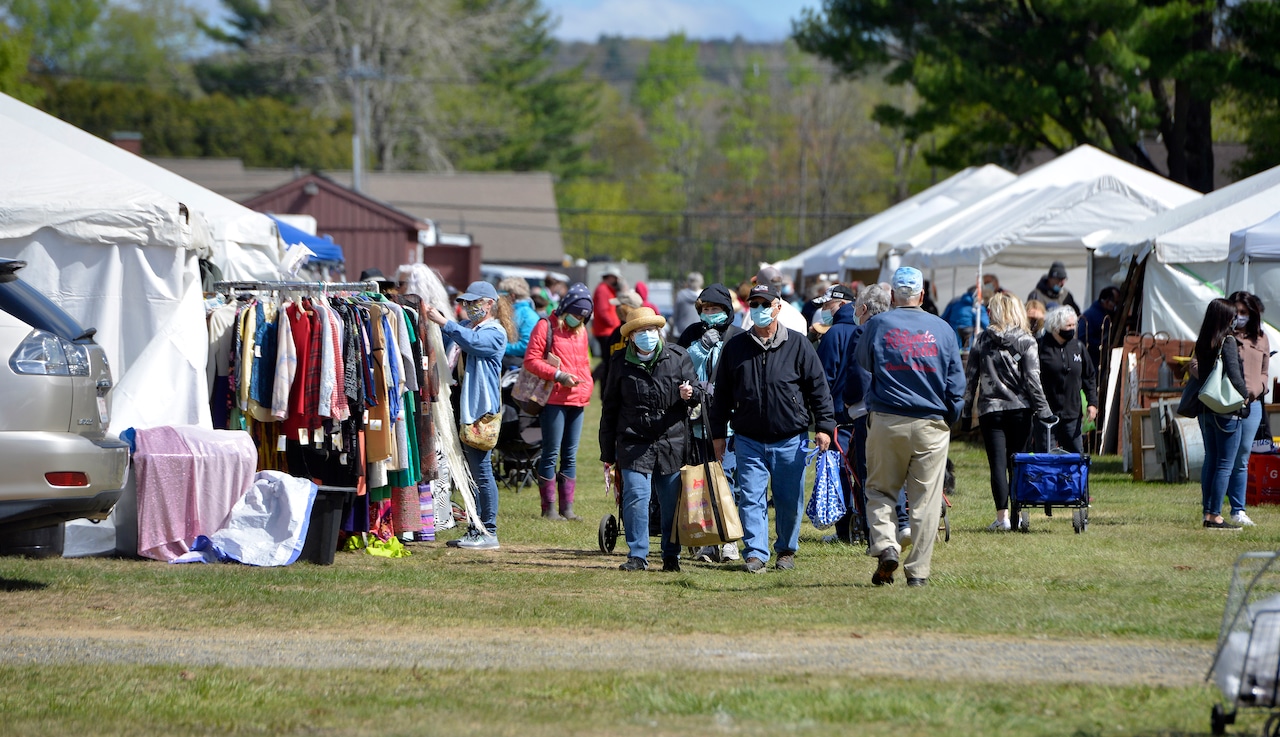A tour of the John F. Kennedy Presidential Library and Museum ends the only way it can: Down a darkened hallway, where black-and-white footage, played on repeat, breaks the news that the nation’s 35th president has been felled by an assassin’s bullets.
Kennedy’s life ended 60 years ago Wednesday. But his legend, and his grip on the American political imagination, remains unshakable.
On a cold and gray Tuesday afternoon in November, small knots of people moved quietly around the museum deep on the UMass Boston campus. Some curious. Some there because they felt it necessary.
Here, a Kennedy campaign poster. There, photos of a smiling Kennedy and his wife, First Lady Jacqueline Kennedy, on the family’s sailboat.
In one room, Kennedy’s “New Frontier” speech at the 1960 Democratic National Convention in Los Angeles played on a video screen. In another, it’s his 1961 inaugural address on the steps on the steps of the U.S. Capitol.
Sixty years later, the speeches, and the legend of Camelot, are an embedded part of U.S. political mythology. Kennedy’s election and youthful vigor were a stand-in for the optimism that the United States felt as it took command of the world stage in the decades after World War II.
His death, at Dealey Plaza in Dallas, on Nov. 22, 1963, saw that youthful optimism — and a nation’s conception of itself — shattered.
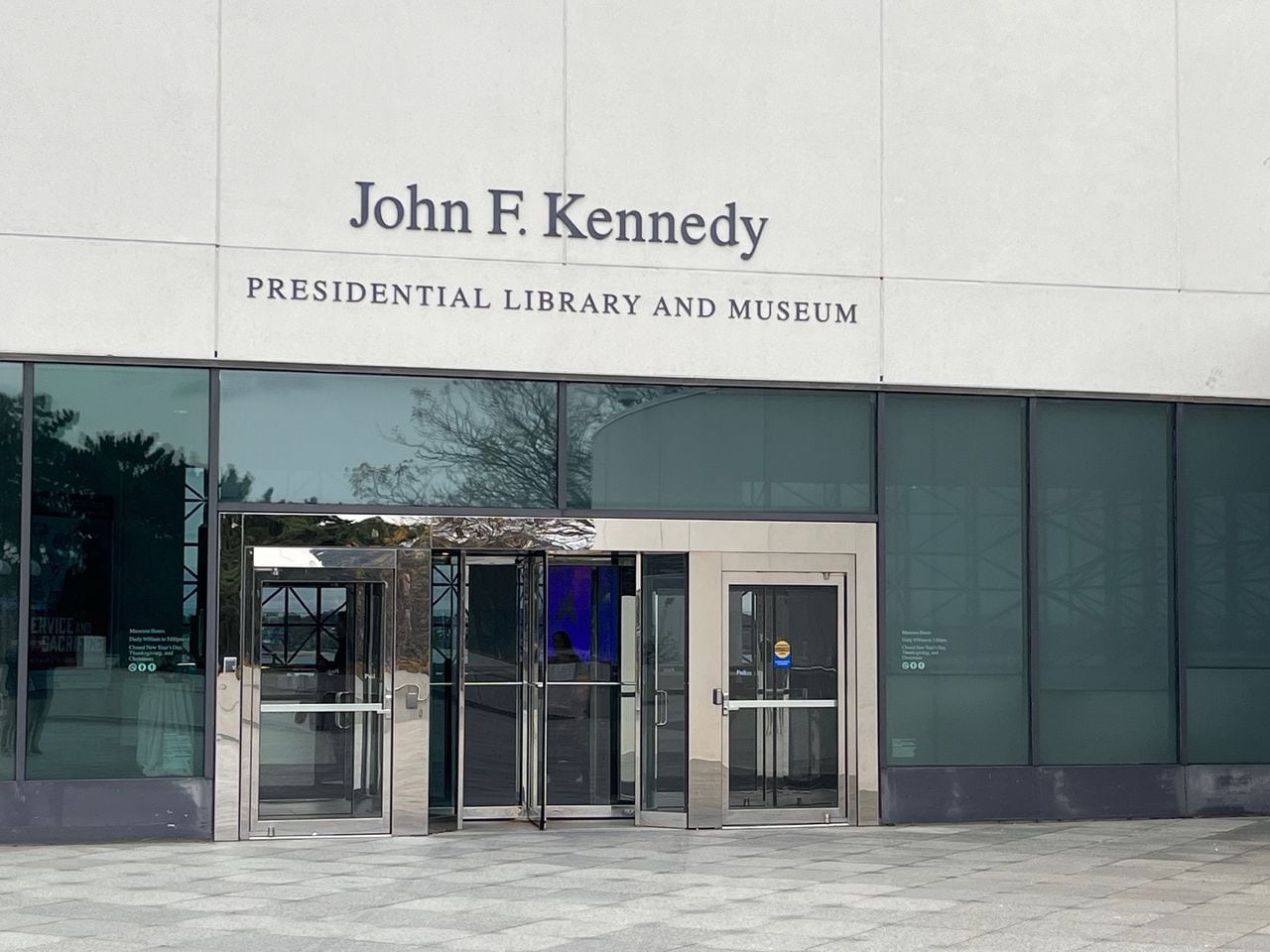
The exterior of the John F. Kennedy Presidential Library and Museum on the campus of UMass Boston (MassLive photo by John L. Micek).John L. Micek
Donald Levi remembers all of it.
The retired pediatrician from Nashua, N.H., was at the museum on Tuesday with his wife and family. His 16-year-old grandson was in from Oregon for the Thanksgiving holiday.
“He said, ‘Papa, can we go to the JFK museum?’ And I said, ’Of course.’ So that’s why we’re all here today,” Levi said.
Levi was a senior in high school in Portland, Maine, just 17, when Kennedy was killed.
“I’ll never forget that Friday. I was in a chemistry class. And they announced over the public address system that the president had been shot and wounded,” he recalled. “And then a little while later that he had died. And I just walked out of the school building.
“And I usually walked with friends, but for some reason I was by myself, and I just walked home. And as I was walking, I noticed cars that were just stopping on the side of the road when they heard the announcement over their car radios,” he continued. “And then … my family, and I just … sat in front of the TV the whole weekend, and just watched everything live.”
For Levi, like so many Americans, the news of Kennedy’s violent death was a trauma.
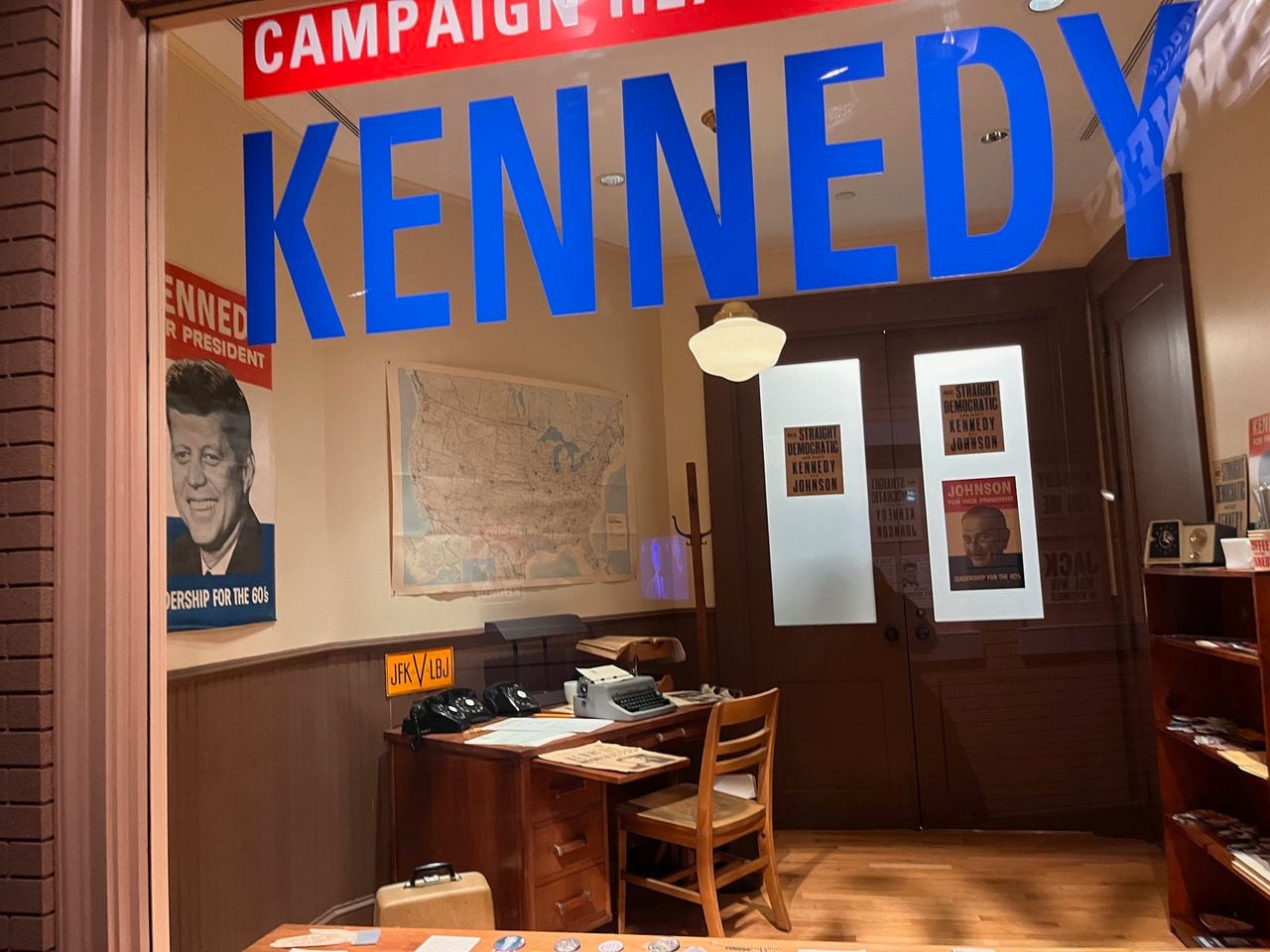
An exhibit at the John F. Kennedy Presidential Library and Museum on the campus of UMass Boston (MassLive photo by John L. Micek).John L. Micek
“It was just an amazing, shocking time that I’ll never forget. And that was — even though 60 years ago and I was 17 at the time — it’s something that’s like, burned into my memory that I’ll never forget. [It’s] probably the most unforgettable event in my life.”
Levi told MassLive he’d met Kennedy as a student while participating in the Youth for Kennedy movement.
“I remember going to the Portland airport, and meeting Kennedy,” Levi said. “He shook all our hands. And, you know, I just felt like he was such a wonderful man representing the youth of our country.”
According to one veteran observer, that’s the image of Kennedy that’s endured across the six intervening decades, and an American political landscape that has seemingly changed irrevocably.
“The persistent hold of JFK on the American imagination is borne of imagery, nostalgia, and a love of conspiracy,” Christopher Borick, a pollster and political science professor at Muhlenberg College, in Allentown, Pa., told MassLive.
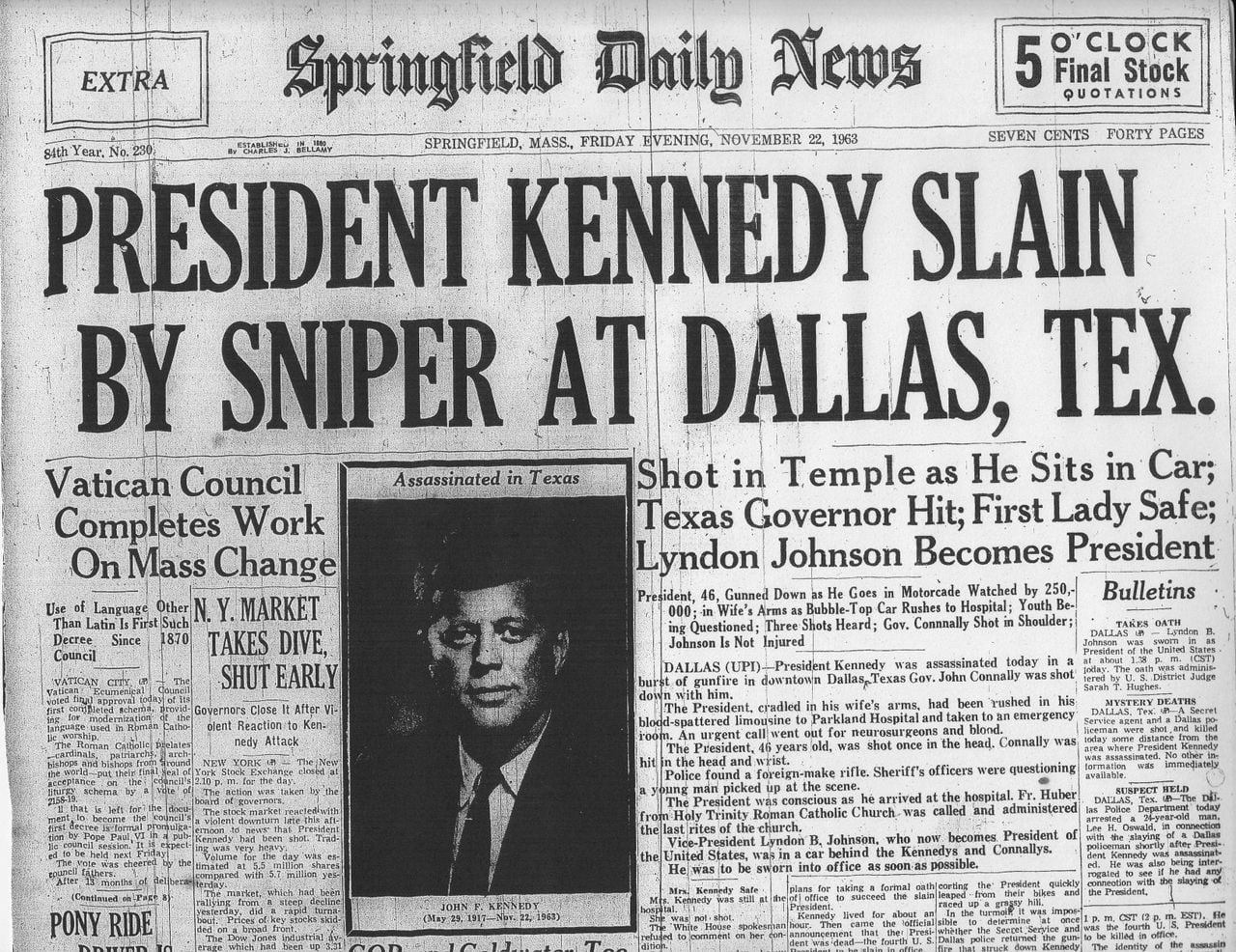
Front page of the Springfield Daily News Extra reporting the assassination of President John F. Kennedy on Nov. 22, 1963.The Republican
The Camelot myth, Borick continued, “juxtaposed against the harsh realities of today, elevates JFK to a special place in the American public’s consciousness.”
Indeed, Kennedy’s exhortation during his inaugural speech that “civility is not a sign of weakness,” and his reminder that “both sides” should “explore what problems unite us instead of belaboring those problems which divide us,” seem to take on an added poignancy at a time when Congress appears incapable of executing its most basic responsibilities.
Kennedy “motivated a generation of us to get involved in government and politics,” Terry Madonna, a veteran political scientist and pollster at Millersville University, in Lancaster, Pa., told MassLive. “At issue was civil rights, helping the less fortunate, and moving the country forward economically.”
In his 1987 memoir, “Man of the House,” former U.S. House Speaker Tip O’Neill, the quintessential Boston Democrat, wrote of Kennedy’s funeral: “It was just such a sad day that it seemed like the whole world had come apart.”
Kennedy, O’Neill further recalled, “brought to all sectors of the American public a new feeling that they were wanted, that there was a place in America for them, regardless of religion or race. And perhaps, most important, when Jack Kennedy was president, people had trust in their government. I look forward to the day when that will once again be true.”
Thirty-six years after O’Neill wrote those words, and 60 years after Kennedy’s death, there are echoes of that sentiment in Donald Levi.
“I long for somebody like that to come back,” he said.




